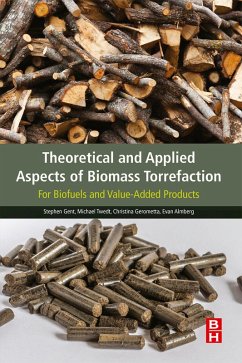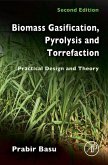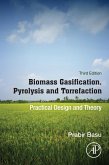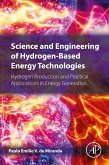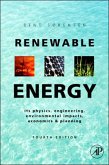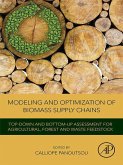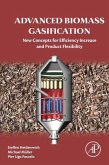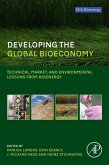The authors discuss feedstock availability for a variety of biomass types, such as agricultural residues, woody residues, energy crops and municipal solid waste. They also examine logistics and markets for torrefied products, which includes their use in co-firing and combined heat and power generation, as well as emissions and other environmental aspects. This balanced and thorough approach to the subject matter makes this an excellent resource for engineers, researchers, and graduate students in the field of biomass conversion, especially with background in energy engineering, mechanical engineering, chemical engineering, environmental engineering, biological engineering, and agriculture.
- Offers a comprehensive overview of torrefaction, balancing theoretical and applied perspectives of torrefaction technologies from a holistic perspective
- Examines economic and sustainability aspects, including logistics, markets, feedstock, and emissions
- Presents a variety of relevant, real-world examples that underscore the production and utilization of torrefied material
- Offers a balanced and thorough approach to the subject, making it an excellent resource for engineers, researchers, and graduate students in the field of biomass conversion
Dieser Download kann aus rechtlichen Gründen nur mit Rechnungsadresse in A, B, BG, CY, CZ, D, DK, EW, E, FIN, F, GR, HR, H, IRL, I, LT, L, LR, M, NL, PL, P, R, S, SLO, SK ausgeliefert werden.

